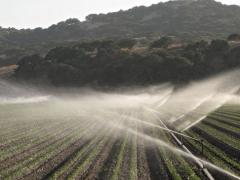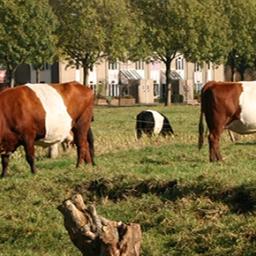Negative global phosphorus budgets challenge sustainable intensification of grasslands
Except for grassland soils in some northwestern European countries, grassland soils in most of the world have been exhausted over recent decades, particularly by exporting more phosphorus that is returned by inputs manure and fertilizer.
Negative soil phosphorus budget
Except for grassland soils in some northwestern European countries, grasslands are rarely if ever fertilised in most of the world. In order to grow, plants like grass require nutrients such as phosphorus from the soil. The grass is then grazed by livestock. Some of this phosphorus is needed for the production of milk and meat and eventually disappears from the grassland. Much of the absorbed phosphorus leaves the animals via manure. Only part of the manure remains on the grassland as the manure is also used to fertilise agricultural land with food crops such as grain, fruit and vegetables, or for other purposes.
Better nutrient management needed to meet future food demand
Grassland soils in most of the world have been exhausted over recent decades, particularly by exporting more phosphorus that is returned by inputs manure and fertilizer.
Global improvements in grassland management would allow the production of meat and milk to increase and prevent grazing livestock from requiring extra feed grains that could otherwise be available for human consumption. Better management mainly revolves around proper fertilisation in order to preserve sufficient amounts of, amongst others, phosphorus in the grass soil. Current phosphorus inputs will have to increase by a factor of four to meet production targets for the year 2050.
The situation in The Netherlands and some other European countries is different, since the phosphate content in grassland soils is high due to long-term surpluses. Here extra fertilizer inputs are not needed in the coming years.
Authors
Specifications
- Publication title
- Negative global phosphorus budgets challenge sustainable intensification of grasslands
- Publication date
- 16 February 2016
- Publication type
- Publication
- Magazine
- Nature Communications
- Product number
- 1659




